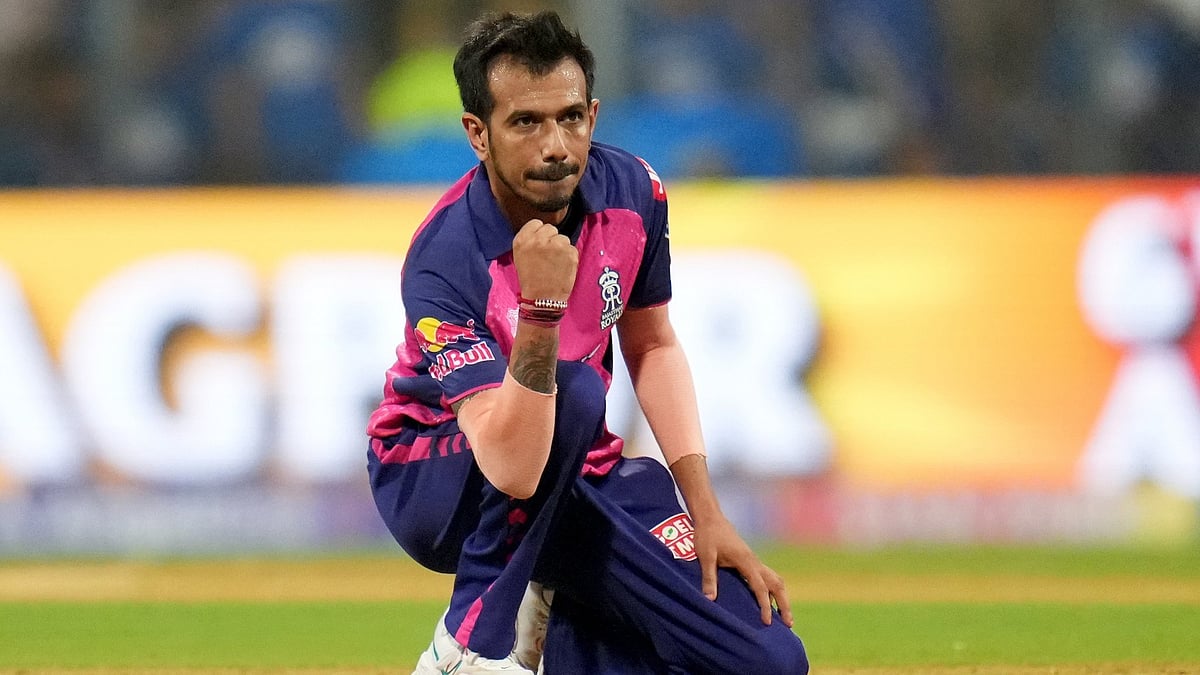New Delhi: India received a congratulatory message from an unexpected quarter on winning gold at the 2020 Tokyo Olympics. It was none other than the Chinese Ambassador, Sun Weidong, who tweeted congratulations to India on the closing day of the Olympics.
The message came after 23 year-old Neeraj Chopra, who hails from Khandar village in Panipat (Haryana) near Delhi, won the men’s javelin on Saturday and delivered India its first gold in track and field at the Olympics. The Chinese embassy in Sri Lanka also tweeted “ Congratulations’’ late on Saturday evening in response to the Indian High Commission in Sri Lanka congratulating “champ Neeraj".
Although Chopra, a Subedar in the Indian Army tweeted thanks to all of India and beyond, he said that he is still processing this feeling and that the moment will live with him forever. But what has raised eyebrow are the felicitations extended by China. Experts who track Beijing interpreted the congratulatory message from China in different ways. Most analysts view the felicitations from China, with skepticism.
Mr Jayadev Ranade, President of the Delhi based Centre for China Analysis and Strategy, said, “On the face of it, the Chinese Ambassador has done what all good Ambassadors should do and complimented us in the hope that it will contribute to improving relationship. It is a gesture intended to show that China has no ill feelings towards us and is trying to create a positive atmosphere. He realizes the truth of the relationship. Given the history of this relationship, you can say that he is being patronizing. China got the second highest number of gold medals after the United States at the Tokyo Olympics. I don’t give much credence to this congratulatory message’’.
Mr Ranade says he is very sceptical of such a message when the reality is building up at the border --new troops and new equipment. Disengagement which has happened is the first baby steps that we are seeing towards defusing the situation. Defusing will happen when the Chinese will go back to where they were before April 2020. This our position’’.
Colonel Anil Bhat, noted strategic expert says that this message is mere lip service and does not at all mean that the Chinese are going to be any less devious than they have been.
Foreign policy experts say that the message can be read in two ways.
Mr Shakti Sinha, who has edited ‘One Mountain Two Tigers: India, China and the High Himalayas’ and is the Director of the Baroda based Atal Behari Vajpayee Institute of Policy Research and International Studies, says, “ I look at the message in two ways. It is a way of reminding India that you are not in the same league. The other way of looking at is that the Chinese are projecting that they are sharing joy with India. It is also a way to divert attention from the slow progress on border resolution.
Professor Rakesh Datta of the Department of Defence and National Security Studies, Punjab University in Chandigarh, however, views the message from a different prism. He said, “For India, a gold medal at the Tokyo Olympics is a matter of pride, honour and prestige. If the Chinese Ambassador has congratulated India on winning the gold medal, we should take it as a good gesture and accept it with a happy nod. At the same time, we should not let our guard down".
Professor Datta, a former member of the National Security Advisory Board, said, ‘’ The disengagement process is creating a lot of complications. If the Chinese are disengaging at one point, they are holding on to other points. Let us not forget that security interests can be served by good diplomacy. A way has to be found to end confrontation on unresolved territorial issues. China is militarily stronger, has better strength than us in infrastructure and logistics. The onus is therefore on China to sort out these issues".











